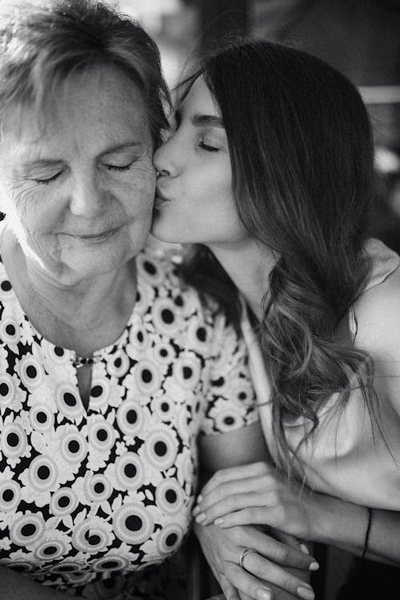Approximately 1.5 million people in the UK have a learning disability; for them, a secure and welcoming home environment is not merely a necessity, but a fundamental right. This is where the invaluable role of support workers comes into play. These professionals provide practical assistance and emotional stability, ensuring that individuals with learning disabilities feel empowered and understood. Continue reading

 Careline Solutions
Careline Solutions






